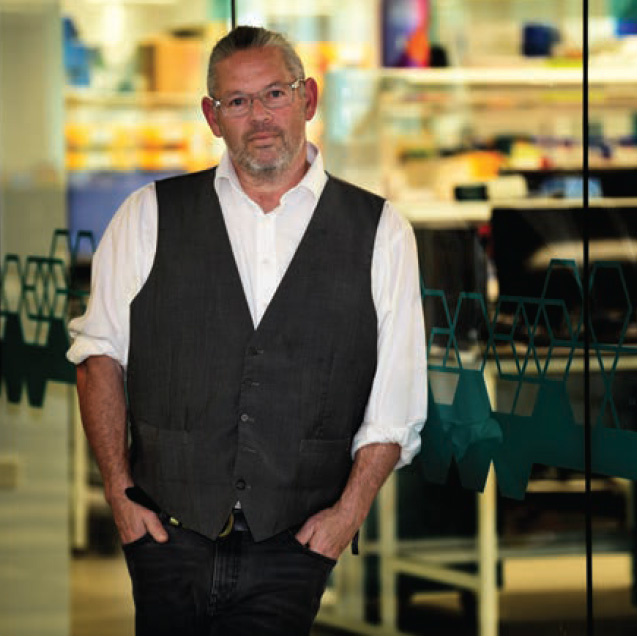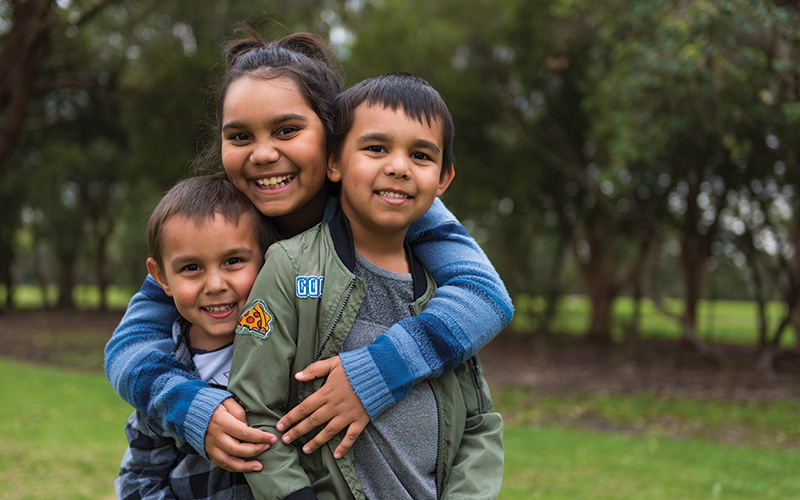Search

The Perioperative Medicine team has developed a unique chewable tablet that gives the child the sensation of having a full stomach, without compromising their fasting regime.

Scientific discoveries over the past 30 years mean doctors now have a deeper understanding of what causes disease and how those diseases might progress.

The Institute's Standards for the Conduct of Aboriginal Health Research outline our ways of working with Aboriginal communities and peoples.
The social and emotional wellbeing of Aboriginal children and young people
Research
Diverse diagnostic and management approaches for acute rheumatic fever in Australia and New Zealand: findings of a prospective clinical studyThis study provides new knowledge on ARF characteristics and management and highlights international variation in diagnostic and management practice.
Research
Longitudinal observational research study: establishing the Australasian Congenital Cytomegalovirus Register (ACMVR)Congenital cytomegalovirus (cCMV) is an important cause of long-term childhood disability. In Australia, the identification and treatment practices and the long-term clinical and neurodevelopmental outcomes of children with cCMV are unknown.
Research
Screening Measures of Perinatal Mental Health and Wellbeing in Fathers: A Scoping ReviewAccurately screening fathers for perinatal mental health problems requires well-validated screening instruments that assess the expression of paternal perinatal mental distress. This study aimed to identify and describe the psychometric properties of perinatal mental health screening instruments administered to paternal cohorts within the past two decades.
Research
Exercise training to address lifelong consequences of preterm birth: a survey of perceived needsThe identification of a COPD etiotype associated with preterm birth (COPD-developmental) has expedited calls for intervention strategies that may improve health outcomes for survivors of preterm birth (<37 weeks' gestation). Pulmonary-rehabilitation style training interventions achieve physiological and symptom improvement in older people with COPD, but whether similar training interventions are suitable for young people is unclear. We sought to understand the perceived need and requirements of an exercise training intervention for children, adolescents and adults born preterm.
Research
TANGO2 binds crystallin alpha B and its loss causes desminopathyMutations in the TANGO2 gene cause an autosomal recessive disorder characterised by developmental delay, stress-induced episodic rhabdomyolysis, and cardiac arrhythmias along with severe metabolic crises. Although TANGO2 mutations result in a well characterised disease pathology, the function of TANGO2 is still unknown.
Research
The Lancet Child & Adolescent Health Commission on the future of neonatologyJane Pillow BMedSci (Dist) MBBS, PhD (Dist) FRACP Research Theme Head, Early Environment; Team Lead, Chronobiology jane.pillow@thekids.org.au
